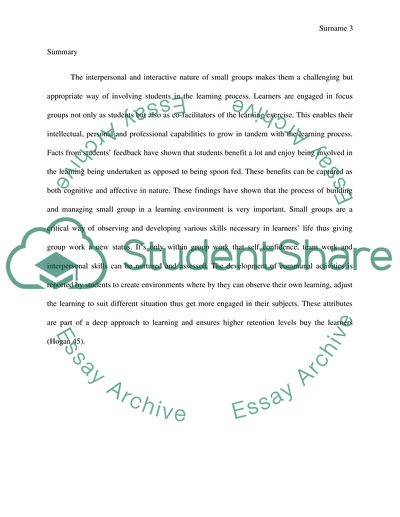Cite this document
(Teaching and Learning in Higher Education Research Paper, n.d.)
Teaching and Learning in Higher Education Research Paper. Retrieved from https://studentshare.org/education/1587414-individual-report
Teaching and Learning in Higher Education Research Paper. Retrieved from https://studentshare.org/education/1587414-individual-report
(Teaching and Learning in Higher Education Research Paper)
Teaching and Learning in Higher Education Research Paper. https://studentshare.org/education/1587414-individual-report.
Teaching and Learning in Higher Education Research Paper. https://studentshare.org/education/1587414-individual-report.
“Teaching and Learning in Higher Education Research Paper”, n.d. https://studentshare.org/education/1587414-individual-report.


